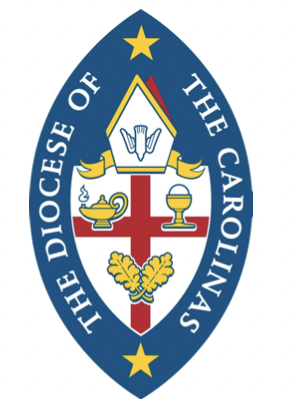J.I. Packer on Anglicanism
/How are we to define the Anglican Communion? It is not, and never was, an integrated, pyramidal global organization with the Archbishop of Canterbury as its head. It is simply, as its name proclaims, a Communion – that is, a fellowship of independent provinces sharing ministry and sacraments on the basis of a shared faith, and bound together by a distinctive and very precious heritage – tradition, or style, as you might say – which all appreciate, and wish in some form to conserve. This heritage may be described as follows. (This is familiar ground, so I move over it quickly.)
First, Anglicanism is biblical. Anglicanism says to the world: “Show us anything in Scripture that should be taught and that we are not teaching, and we will teach it. Show us anything we are teaching that is contrary to Scripture, and we will stop teaching it.” The Bible, straightforwardly interpreted as revelation from God through human writers, is the Anglican rule of faith.
Second, Anglicanism is creedal, embracing and building on the Apostles’ and Nicene Creeds, which highlight the Trinity, the incarnation, Christ’s saving ministry and the reality of salvation itself. The 39 Articles dot i’s and cross t’s and fill gaps in the Creeds, clarifying in particular the doctrines of faith, of grace, of justification and of the sacraments.
Third, Anglicanism is liturgical, in continuity with the church of patristic and pre- Reformation days. Through Archbishop Cranmer we inherited a superlative Reformed Prayer Book, in which the thematic sequence, sin – grace – faith runs through the set services, so that it is a truly evangelical book, and should be appreciated as such.
Fourth, Anglicanism is pastoral, centred upon the making of disciples both domestically and through outreach. Bishops are ordained to give pastoral leadership, caring for both clergy and congregations, and their jurisdiction is to be exercised for the furtherance of pastoral goals.
Fifth, Anglicanism is missional in the sense of being committed to transformation through the gospel – transformation of individuals through teaching and nurture, transformation of congregations through preaching a renewal, transformation of culture through the wisdom and values of the gospel. The transformational purposes of the Reformers and Puritans, the eighteenth-century revival and later revivals, and the latter-day renewal movements, have permanently shaped authentic Anglicanism in a missional way.
Sixth, Anglicanism is not hierarchical nor maintenance-motivated, though it has sometimes appeared to be both; but in fact it is service-oriented. Dioceses exist to resource and help parishes, and provinces exist to coordinate both diocesan and local church ministry; Anglicanism is service-oriented at every level, and it is in loving practical service, shaped by the divine Word and empowered by the divine Spirit, that Anglican unity is finally expressed.





